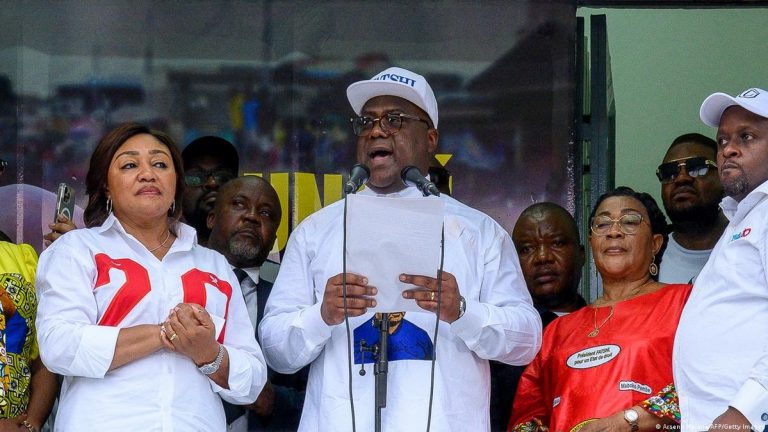
The Democratic Republic of Congo (DRC) has recently held its second presidential election since the end of the civil war in 2003. The incumbent, Felix Tshisekedi, has claimed a landslide victory over his main rival, Martin Fayulu, who has rejected the results and called for a recount.
The election was marred by allegations of fraud, violence and logistical problems, raising doubts about its credibility and legitimacy. The international community has expressed concern about the stability and security of the country, which is rich in natural resources but plagued by poverty, corruption and armed conflicts.
Tshisekedi, who took office in 2019 after a controversial election that saw him succeed Joseph Kabila, who ruled for 18 years, has faced many challenges during his first term. He has struggled to assert his authority over a coalition government dominated by Kabila’s allies, who control most of the key ministries and institutions.
Register for Tekedia Mini-MBA edition 19 (Feb 9 – May 2, 2026): big discounts for early bird.
Tekedia AI in Business Masterclass opens registrations.
Join Tekedia Capital Syndicate and co-invest in great global startups.
Register for Tekedia AI Lab: From Technical Design to Deployment (next edition begins Jan 24 2026).
He has also faced resistance from the powerful military and security forces, which have been accused of human rights violations and involvement in illicit activities. Tshisekedi has tried to implement some reforms and fight corruption, but his efforts have been hampered by political infighting, institutional inertia and lack of resources.
Tshisekedi’s re-election campaign was based on his promise to bring change and development to the country, as well as to restore peace and security in the eastern regions, where dozens of armed groups operate, and millions of people have been displaced by violence. He also vowed to improve relations with neighboring countries and regional organizations, such as Rwanda, Uganda and the African Union (AU), which have a significant influence on the DRC’s affairs.
Tshisekedi has sought to distance himself from Kabila and his allies, and to form a new parliamentary majority with the support of opposition parties and civil society groups.
However, Tshisekedi’s re-election does not guarantee that he will be able to deliver on his promises or ease the concerns of the Congolese people and the international community. He still faces many obstacles and challenges, both internally and externally.
Internally, he will have to deal with the legal challenges and protests from Fayulu and his supporters, who claim that the election was rigged and that they represent the true will of the people. He will also have to manage the expectations and demands of his new allies, who may have different agendas and interests than him. He will also have to address the deep-rooted problems of governance, economy, social services, human rights and justice that affect the lives of millions of Congolese.
Externally, he will have to navigate the complex and often conflicting interests of regional and international actors, who have different stakes and perspectives on the DRC’s situation. He will have to balance his own sovereignty and autonomy with the need for cooperation and assistance from these actors. He will also have to deal with the ongoing threats and challenges posed by armed groups, cross-border tensions, illegal exploitation of natural resources, humanitarian crises and epidemics.
Tshisekedi’s re-election may offer an opportunity for a new beginning for the DRC, but it also poses many risks and uncertainties. The country is still far from achieving stability, democracy and development. The Congolese people deserve better than a flawed election and a contested outcome.
They deserve a peaceful transition of power that reflects their aspirations and respects their rights. They deserve a government that works for their interests and welfare, not for personal or partisan gains. They deserve a future that is free from violence, poverty and injustice.



